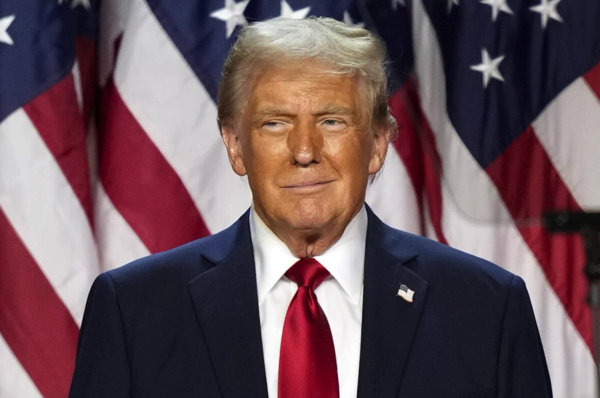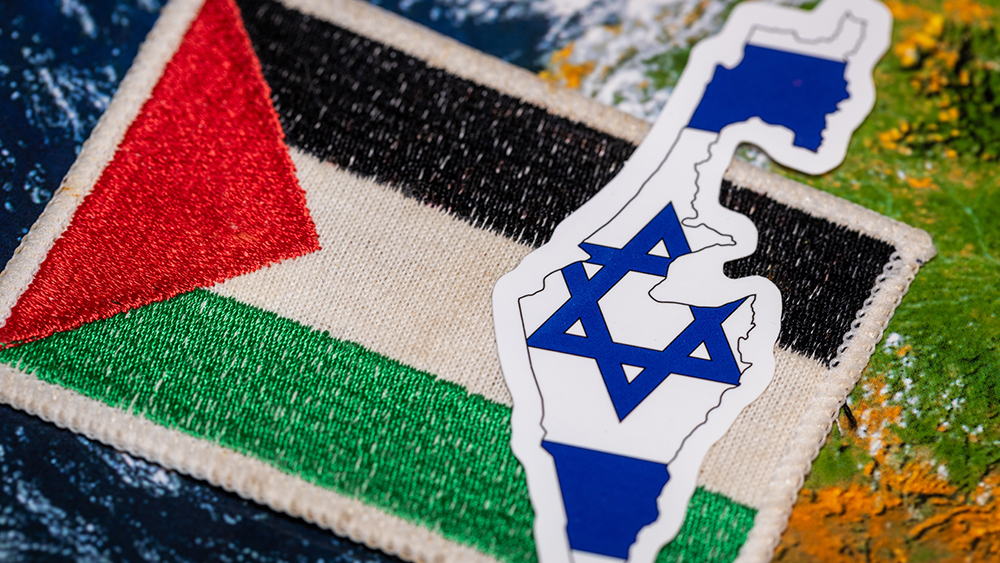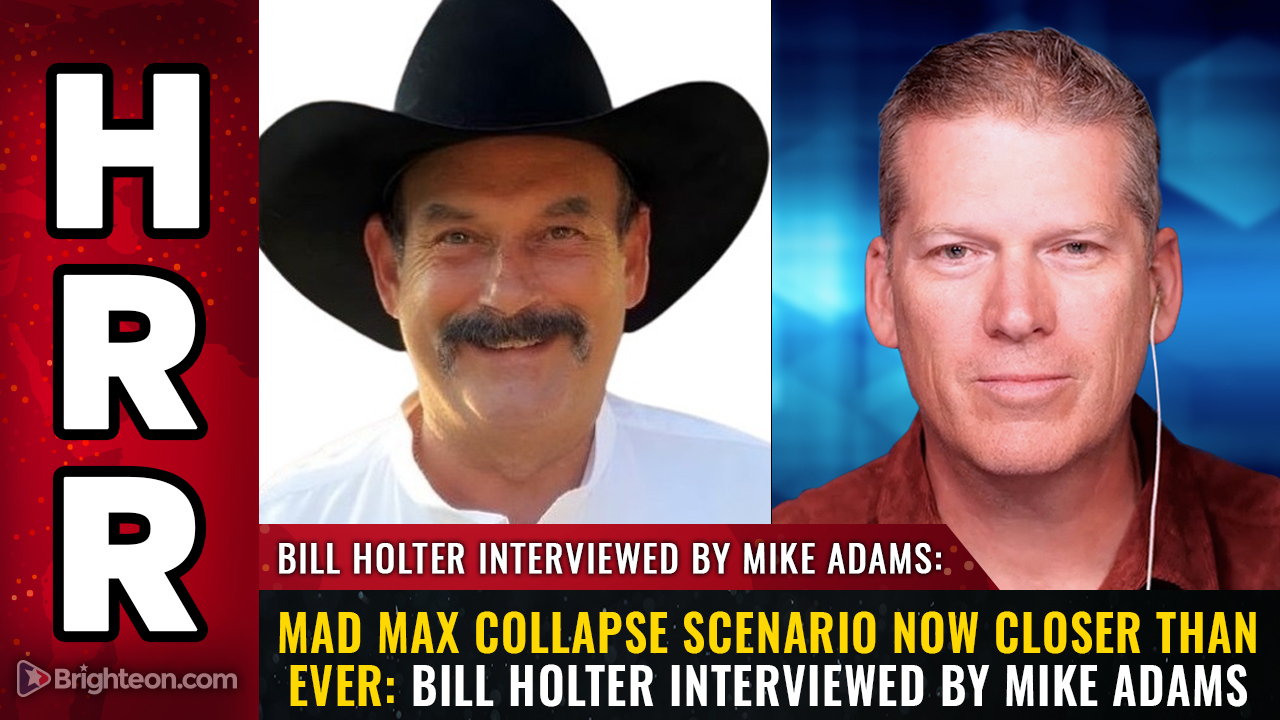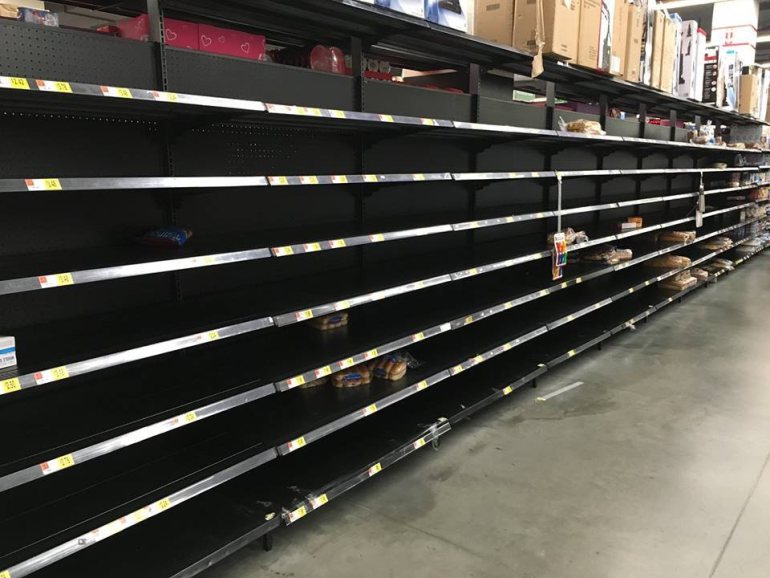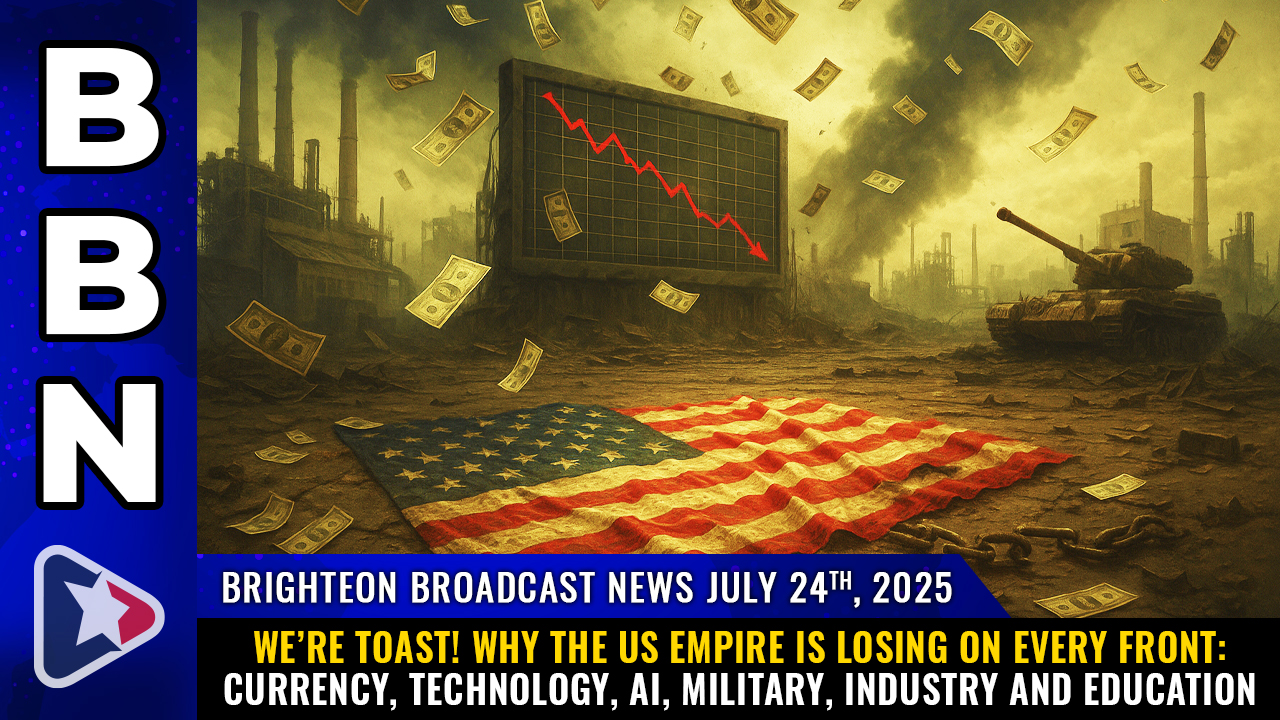 Parler
Parler Gab
Gab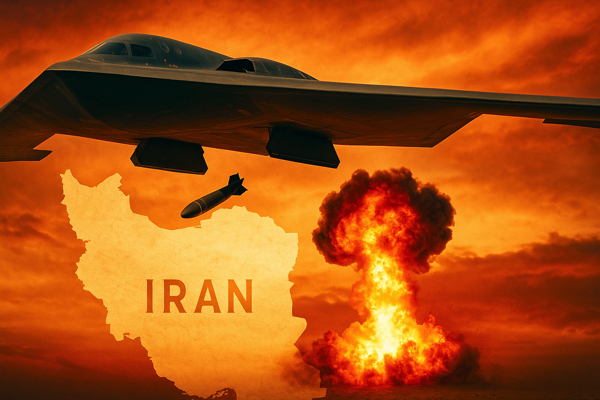
- Iran’s president has publicly defied U.S. demands to halt uranium enrichment, framing its nuclear program as peaceful—but Washington insists Tehran is lying.
- Pezeshkian revealed that Iran is "fully prepared" for war with Israel, warning that any Israeli attack will be met with harsh retaliation deep inside Israeli territory.
- The U.S. and Israel launched coordinated strikes on Iran’s nuclear sites in June, but Tehran downplays the damage, claiming its nuclear knowledge "lives in the minds of scientists."
- Iran has banned IAEA inspectors, accusing the agency of leaking classified intelligence to Israel, further eroding trust in global nuclear oversight.
- Former President Donald Trump has vowed to strike again if Iran rebuilds its nuclear program—raising fears of a new Middle East conflict.
Iran’s defiance is sharpened
The latest war of words sharpens an already volatile geopolitical crisis—one that began long before Trump's presidency. In 2015, the Obama administration brokered the highly controversial Iran nuclear deal (JCPOA), which lifted sanctions in exchange for Tehran scaling back uranium enrichment. Critics, including Trump, denounced it as weak, arguing it gave Iran billions without dismantling its nuclear infrastructure. When Trump withdrew from the deal in 2018, Iran gradually resumed enrichment, sparking tensions that culminated in U.S. and Israeli bombings of Iranian nuclear facilities this June. Now, Pezeshkian is making it clear: No more concessions. "We reject nuclear weapons… but we will not accept threats and dictates," he said. "Our nuclear capabilities are in the minds of our scientists—not just the facilities." This defiance highlights a critical hypocrisy in global nuclear policy: While the U.S. holds the largest nuclear arsenal, it denies other nations the same privilege—especially those resisting Western influence.Is more war inevitable?
Since the recent ceasefire, Iran has doubled down on military preparedness. Pezeshkian admitted skepticism that the truce will hold, telling Al Jazeera: "We are not optimistic about it. Israel harmed us, and we struck back hard—but they are hiding their losses." Meanwhile, Trump has threatened further strikes, framing Iran’s nuclear program as an "existential threat" requiring military action—not diplomacy. The problem? This cycle of aggression only incentivizes Iran to seek nukes as a deterrent—just as North Korea did.Who gets to have nuclear weapons?
The U.S. and Israel—both nuclear-armed states—argue Iran cannot be trusted with atomic capabilities. Yet Washington has never enforced nuke bans on allies like Saudi Arabia or Pakistan. This double standard begs the question: Are nuclear weapons about safety—or control? With Iran declaring it won’t back down, the risk of war grows daily. Unless diplomacy replaces force, the world may soon face another catastrophic conflict—one that could drag in global powers and reshape the Middle East forever. Even though the U.S. government insists that you're crazy for mentioning the realities of World War III, recent actions by the government are only fueling the conditions for more aggression in the Middle East, and more need for America's adversaries to acquire nuclear weapons. World War III is accelerating, evidenced by Iran's defiance to rebuild its nuclear program and prepare for further war. Sources include: SHTFPlan.com Aljazeera.com Aljazeera.com SHTFPlan.comMacron declares France will recognize Palestinian State, defying Israel and U.S.
By Cassie B. // Share
U.S. to withdraw from UNESCO over Palestine membership, alleged anti-Israel bias
By Zoey Sky // Share
Trump floats ending capital gains tax on home sales
By Laura Harris // Share
Gold expert Bill Holter warns of imminent dollar collapse and economic chaos
By Finn Heartley // Share
The architects of Moderna’s mRNA shots are plotting to spray RNA on your food
By ljdevon // Share
Herbs from India's tribal pouch: Ashwagandha
By newseditors // Share
NY settles $225K photographer dispute in major free speech win
By willowt // Share
U.S. power grid insufficiency puts AI dominance out of reach
By finnheartley // Share


